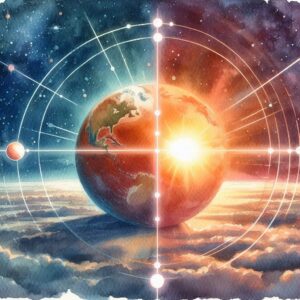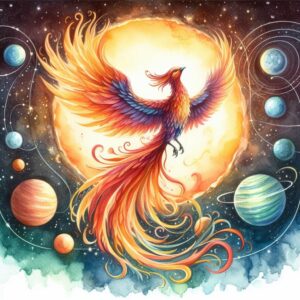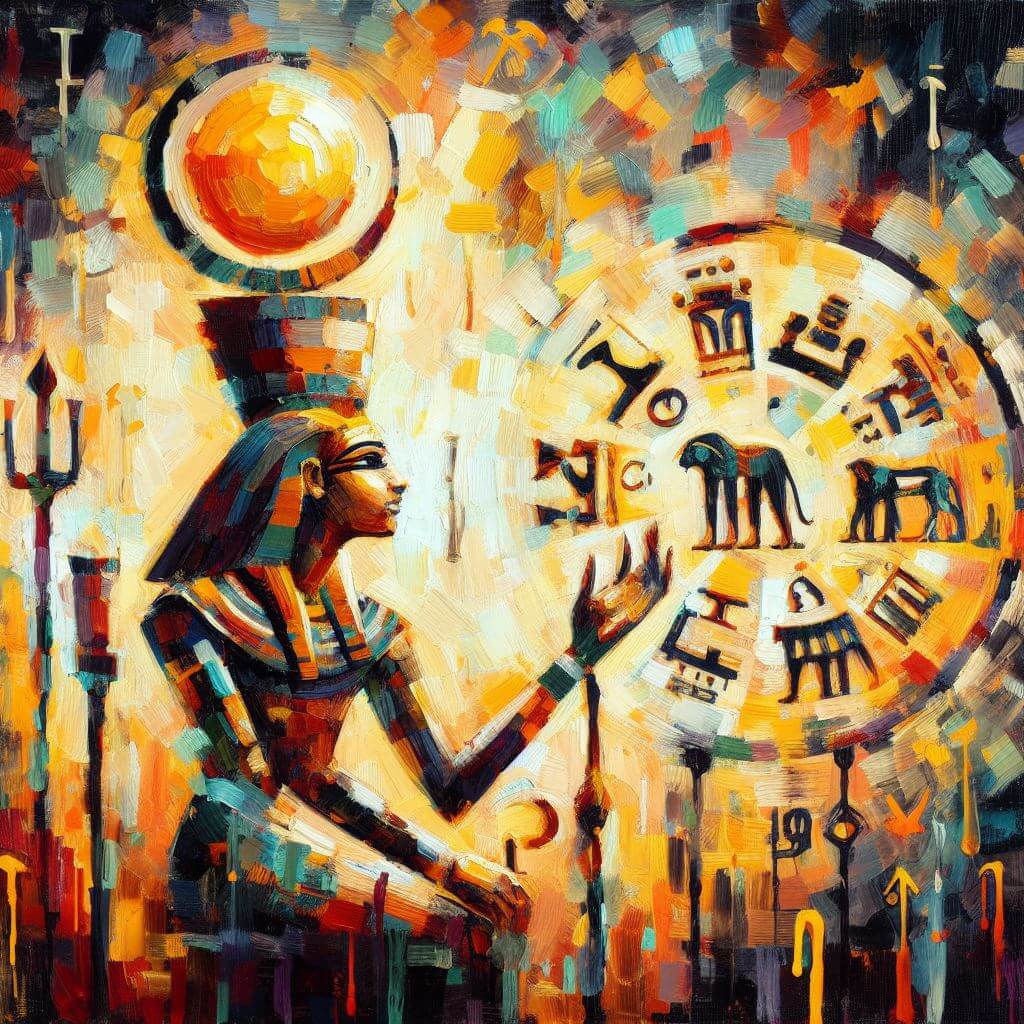
Understanding the Egyptian Zodiac Signs
If you’ve ever been intrigued by the mysteries of ancient Egypt, you’re not alone. Their civilization has captivated the world for centuries, from their monumental pyramids to their intricate hieroglyphics. However, one lesser-known aspect of their rich culture is their zodiac system. The Egyptian zodiac signs, much like the familiar Western or Chinese zodiacs, provide fascinating insights into personality, destiny, and relationships.
The Origins of the Egyptian Zodiac
Egyptian astrology originated around 3,000 BC, during the golden age of Egyptian civilization. It was deeply woven into their culture and was used as a guide for their daily lives, just as some people use astrology today. The ancient Egyptians believed that the gods influenced their personalities and destinities, and they represented these divine influences through 12 symbols in their zodiac.
Each Egyptian zodiac sign corresponds to a god or goddess, and each has its own unique set of characteristics, strengths, and weaknesses. Just as the Nile River was central to Egyptian life, the flow of energy from these gods was believed to shape an individual’s path in life.
Delving Deeper into the Egyptian Zodiac Signs
There are 12 signs in total, each associated with a different god or goddess. These include The Nile, Amon-Ra, Mut, Geb, Osiris, Isis, Thoth, Horus, Anubis, Seth, Bastet, and Sekhmet. Each sign is linked to a certain period of the year, and the characteristics of the people born under each sign are believed to be influenced by their associated deity.
For instance, those born under the sign of The Nile are thought to be passionate and impulsive, reflecting the river’s powerful currents. Amon-Ra, the king of the gods and the god of the sun represents individuals who are confident, authoritative, and articulate. Mut, the mother goddess, symbolizes those who are intuitive, loving, and protective.
These are just a few examples of the intriguing connections between the gods and the zodiac signs in Egyptian astrology. Understanding these links can offer a fresh perspective on your personality and life path. If you’re curious to discover more about these ancient symbols and their meanings, stay tuned as we continue to unravel the mysteries of the Egyptian zodiac.
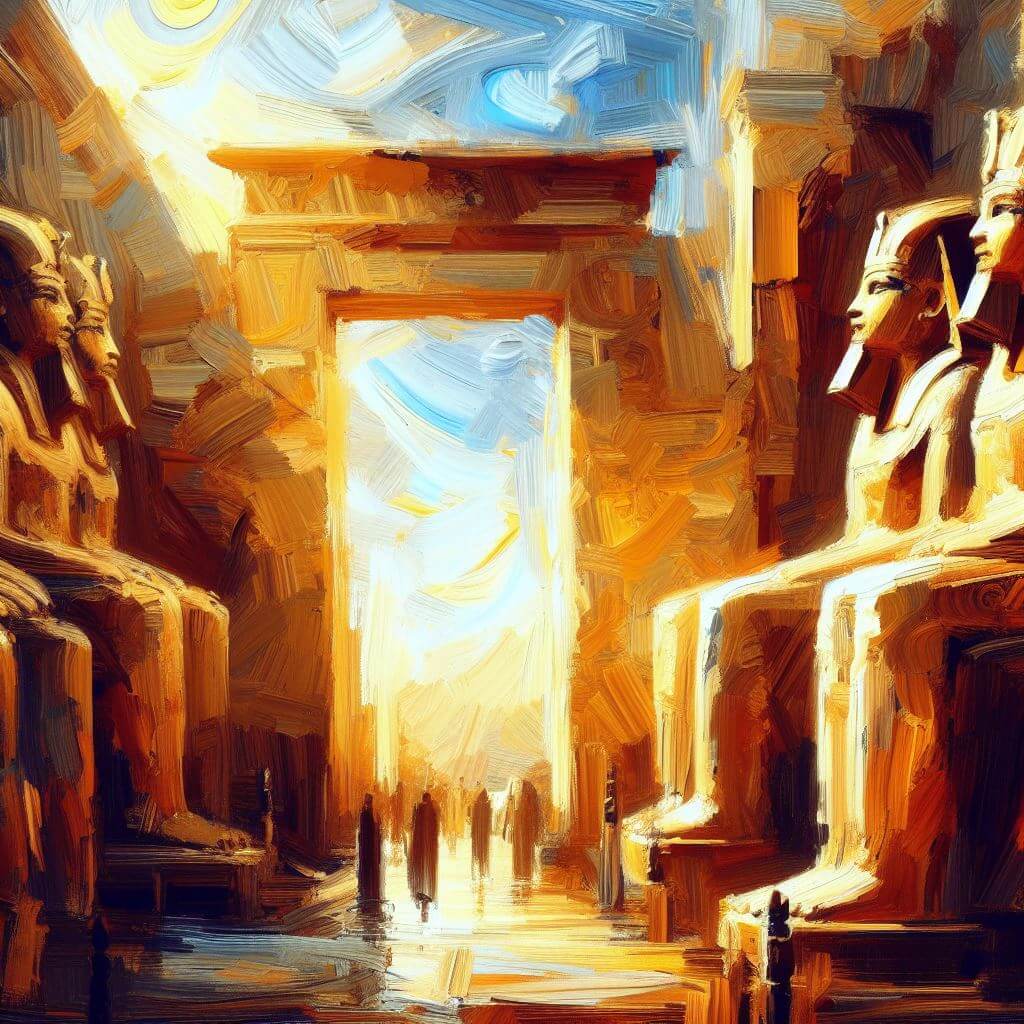
Exploring Your Egyptian Zodiac Sign
If you’re curious about which Egyptian zodiac sign you fall under, the process is quite simple. Unlike Western astrology, which relies on the position of the sun at the time of your birth, Egyptian astrology is based on which god or goddess was ruling during your birth period. By finding out the dates associated with each sign, you can identify your corresponding god or goddess and explore the traits associated with that deity.
The Nile: The God of the River and Fertility
The first sign of the Egyptian zodiac is ‘The Nile’ (January 1–7, June 19–28, September 1–7, November 18–26), represented by the god Hapi. Hapi was the god of the Nile and fertility, often depicted as a blue or green man symbolizing water, with large breasts symbolizing his role as a provider of sustenance. Those born under ‘The Nile’ are said to be nurturing, compassionate, and emotionally sensitive. They are also highly intuitive and capable of sensing the needs of others.
Amun: The King of the Gods
The second sign is ‘Amun’ (January 8–21, February 1–11), represented by the god Amun. Amun was the king of the gods and the patron deity of the city of Thebes. Often depicted as a man with a double-plumed headdress, he was associated with the sun, air, and creation. Those born under ‘Amun’ are said to be ambitious, visionary, and creative. They are also confident, energetic, and dynamic, possessing a strong sense of purpose.
Mut: The Goddess of Protection
The third sign is ‘Mut’ (January 22–31, September 8–22), represented by the goddess Mut. Mut was the consort of Amun and the mother of Khonsu, the god of the moon. Depicted as a woman with a crown and a vulture headdress, she was associated with fertility, motherhood, and the protection of women. Those born under ‘Mut’ are said to be calm, nurturing, and protective. They are also independent, strong-willed, and logical, with a practical way of thinking.
Geb: The God of Earth
The fourth sign is ‘Geb’ (February 12–29, August 20–31), represented by the god Geb. Geb was the god of the earth and the son of Shu, the god of air, and Tefnut, the goddess of moisture. He was depicted as a man with the head of a goose, associated with fertility, agriculture, and the cycles of nature. Those born under ‘Geb’ are said to be grounded, practical, and reliable. They are also nurturing, caring, and patient, with a deep connection to the natural world.
Osiris: The God of the Afterlife
The fifth sign is ‘Osiris’ (March 1–10, November 27-December 18), represented by the god Osiris. Osiris was the god of the afterlife, the judge of the dead, and the protector of the dead. He was depicted as a mummified man with a crook and flail, associated with resurrection and rebirth. Those born under ‘Osiris’ are said to be spiritual, intuitive, and deeply connected to the mysteries of life and death. They are also compassionate, independent, and just, with a strong sense of purpose and meaning.
Isis: The Goddess of Motherhood
The sixth sign is ‘Isis’ (March 11–31, October 18–29, December 19–31), represented by the goddess Isis. Isis was the wife of Osiris and the mother of Horus. She was depicted as a woman with cow horns and a solar disc, associated with fertility, motherhood, and the protection of women. Those born under ‘Isis’ are said to be straightforward, restless, and self-sufficient. They are also independent, strong-willed, and creative, with a good sense of humor.
Thoth: The God of Wisdom
The seventh sign is ‘Thoth’ (April 1–19, November 8–17), represented by the god Thoth. Thoth was the god of wisdom, knowledge, and writing. He was depicted as a man with the head of an ibis, associated with the moon, time, and magic. Those born under ‘Thoth’ are said to be intelligent, curious, and analytical. They are also creative, innovative, and adaptable, with a love of learning and a strong desire to understand the world around them.
Horus: The God of the Sky
The eighth sign is ‘Horus’ (April 20-May 7, August 12–19), represented by the god Horus. Horus was the son of Osiris and Isis and the patron god of the Pharaohs. He was depicted as a falcon-headed man, associated with kingship, protection, and the sun. Those born under ‘Horus’ are said to be strong, courageous, and confident. They are also just, fair, and wise, with a strong sense of leadership and responsibility.
Anubis: The God of Mummification
The ninth sign is ‘Anubis’ (May 8–27, June 29-July 13), represented by the god Anubis. Anubis was the god of the dead and the patron of embalmers. He was depicted as a man with the head of a jackal, associated with funerary rites and the protection of the dead. Those born under ‘Anubis’ are said to be sensitive, intuitive, and deeply connected to the mysteries of life and death. They are also compassionate, caring, and sensitive to the needs of others.
Seth: The God of Chaos
The tenth sign is ‘Seth’ (May 28-June 18, September 28-October 2), represented by the god Seth. Seth was the god of chaos, violence, and the desert. He was depicted as a man with the head of a donkey, associated with conflict and strife. Those born under ‘Seth’ are said to be ambitious, strong-willed, and fiercely independent. They are also unpredictable, chaotic, and prone to taking risks, with a strong desire to forge their own path in life.
Bastet: The Goddess of Home
The eleventh sign is ‘Bastet’ (July 14–28, September 23–27, October 3–17), represented by the goddess Bastet. Bastet was the goddess of cats, music, and joy. She was depicted as a woman with the head of a cat, associated with fertility, protection, and sensuality. Those born under ‘Bastet’ are said to be playful, sensual, and passionate. They are also charismatic, charming, and loyal, with a deep sense of intuition.
Sekhmet: The Goddess of War
The twelfth and final sign is ‘Sekhmet’ (July 29-August 11, October 30-November 7), represented by the goddess Sekhmet. Sekhmet was the goddess of war, violence, and disease. She was depicted as a woman with the head of a lion, associated with destruction and retribution. Those born under ‘Sekhmet’ are said to be fierce, decisive, and perfectionists. They are also stoic with a strong sense of pride.
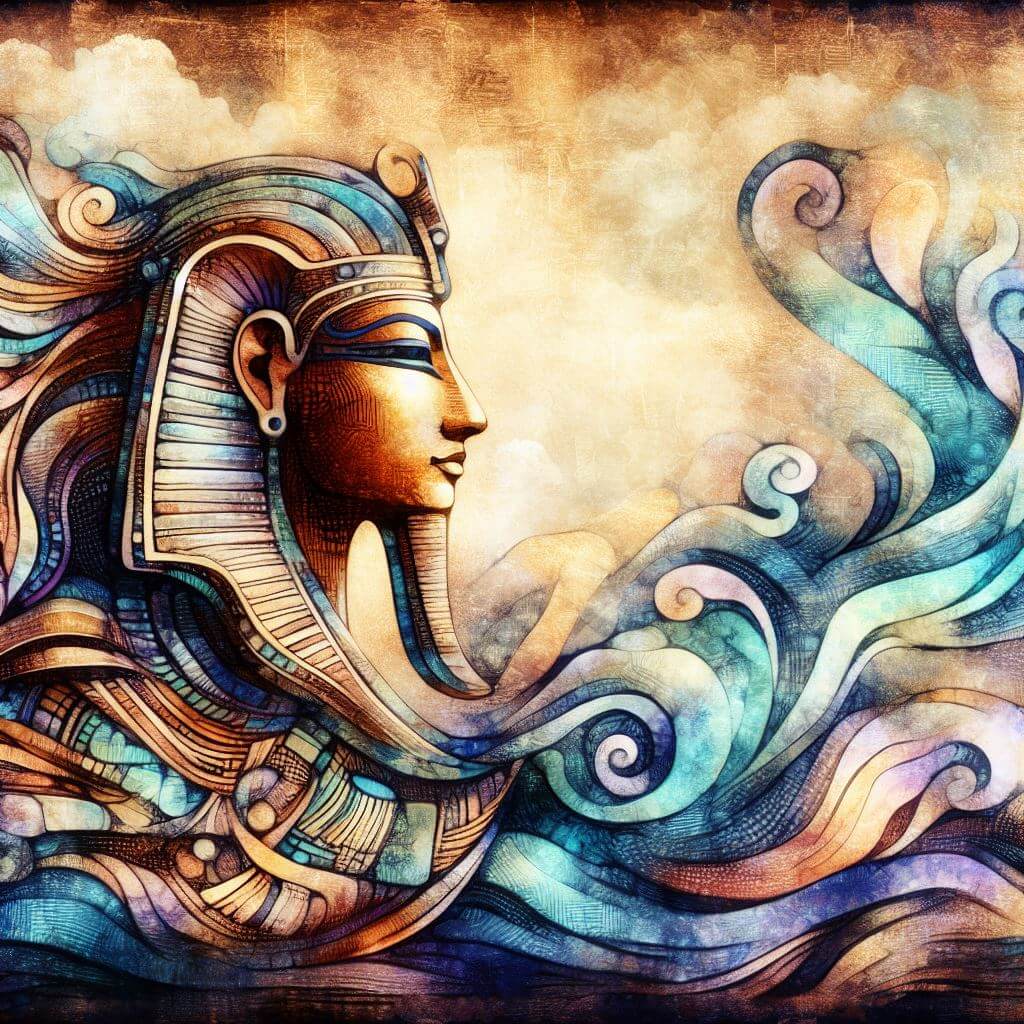
Unraveling the Mysteries of the Egyptian Zodiac
As we delve deeper into the Egyptian zodiac, we can see that each sign, with its associated deity, offers a unique set of characteristics and insights. Whether you’re a nurturing Isis, a wise Thoth, or rebellious Seth, these signs provide a fascinating lens through which to view ourselves and others.
The Influence of Egyptian Zodiac Signs on Modern Astrology
Even though Egyptian astrology might not be as widely recognized as its Western or Chinese counterparts, its influence on modern astrology is undeniable. Many of the concepts and symbolisms found in today’s astrological practices can be traced back to ancient Egypt, including the notion of celestial bodies influencing human affairs and personalities. The connection between the divine and the human, as represented by the gods and their associated zodiac signs, is a key component of astrological interpretation.
Embracing the Wisdom of the Egyptian Zodiac
The wisdom of the Egyptian zodiac can offer fresh insights into your personality, strengths, and weaknesses. It can help you understand your innate tendencies and potential challenges, providing guidance for personal growth and self-improvement. However, remember that these signs are just one piece of the puzzle. They offer a framework, but it’s up to you to use this knowledge to navigate your life’s journey.
The Egyptian Zodiac: A Fascinating Ancient System
The Egyptian zodiac signs provide a captivating look into ancient Egyptian culture and their understanding of human nature. The connection between the gods and the signs gives us a unique perspective on how the ancient Egyptians viewed the world and their place in it.
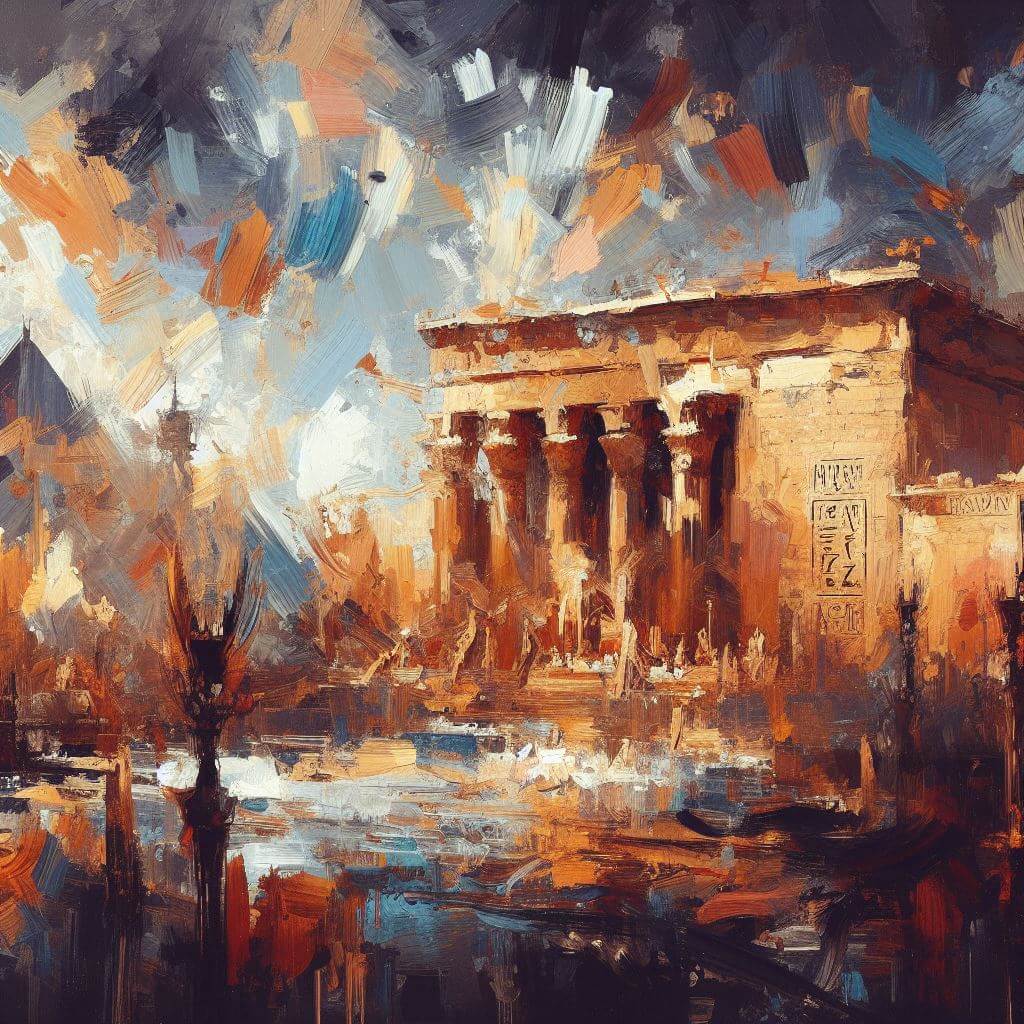
The Practical Application of Egyptian Zodiac Signs
While understanding the Egyptian zodiac signs and their associated deities is fascinating, you might be wondering how to apply this knowledge in a practical way. Much like other forms of astrology, the Egyptian zodiac can provide insights into your personality, relationships, career, and more.
For instance, if you’re an Osiris, known for resilience and transformation, you might excel in careers that require adaptability and problem-solving. If you’re a Bastet, with your nurturing and protective nature, roles in caregiving or home-making might resonate with you.
Egyptian Zodiac Signs in Relationships
In relationships, understanding your Egyptian zodiac sign and that of your partner can help foster better communication and understanding. For example, a Geb might need to understand that their Seth partner naturally seeks change and disruption, while the Seth partner might need to appreciate the Geb’s need for stability and honesty.
The Egyptian Zodiac: A Tool for Self-Exploration
Ultimately, the Egyptian zodiac serves as a tool for self-exploration. It provides a different lens through which to view and understand yourself and others. It’s a way of connecting with the ancient wisdom of a civilization that valued the divine influence in everyday life.

